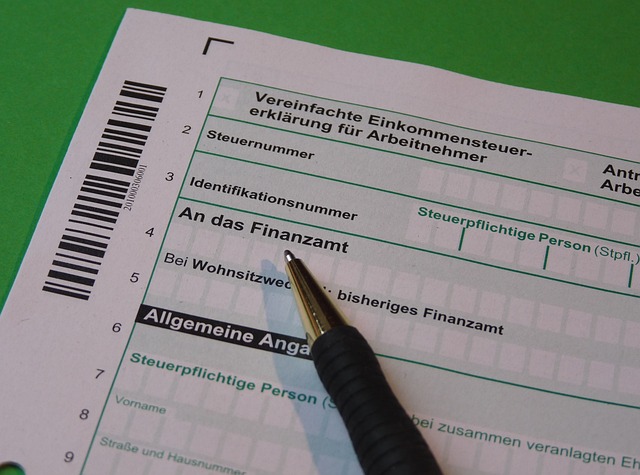
However, the country in which the owner of the property in Croatia is a tax resident can usually tax the income from business activities arising from real estate or other sources, or profits from the sale of property, as well as those received in any other country outside your home country.
Tax Residency, or Where to Tax Income
Each country defines a tax resident differently, but you are usually considered a tax resident in the country where you stay for more than 6 months in a year. This means that you will typically remain a tax resident of your home country if you spend less than 6 months a year in Croatia.Double Taxation of Income
In specific cases, both countries may consider you a tax resident simultaneously and may require you to pay taxes. However, most countries have concluded what is called a double taxation treaty, which usually determines in which country your tax liability arises.If the double taxation treaty does not apply to you, which is not the case for Croatia and EU citizens, it is recommended to consult tax specialists in Croatia or the country where your tax liability arises.
Fictitious Tax Domicile
A problem arises if the income from the rental of property in Croatia constitutes the majority of your income from all the countries in which you operate. At this point, a so-called fictitious tax domicile is created, obliging you to tax all your income in Croatia, even if it was not generated on the territory of the Republic of Croatia.The legislation of the European Union mandates that regardless of the country in which you are considered a tax resident, your income should be taxed in the same manner and under the same conditions as the income of the residents of that country. This means that the taxation of income from the rental of property when you have a tax domicile in Croatia is subject to the same conditions as for a citizen of Croatia.























































































